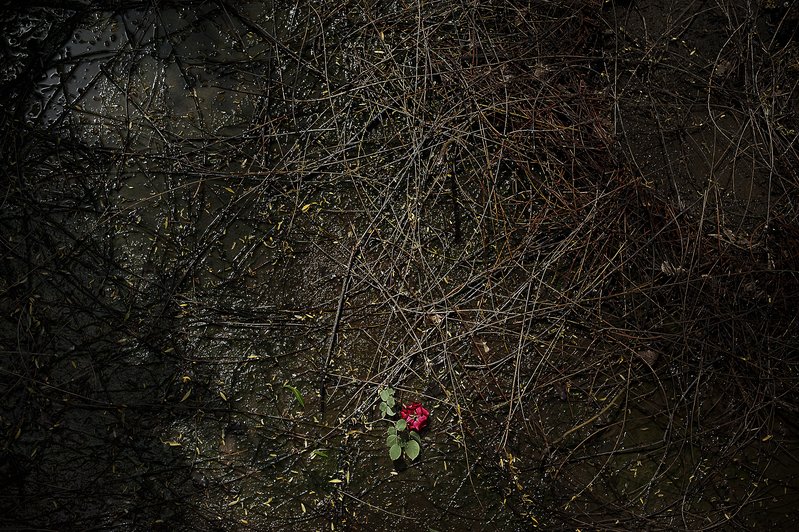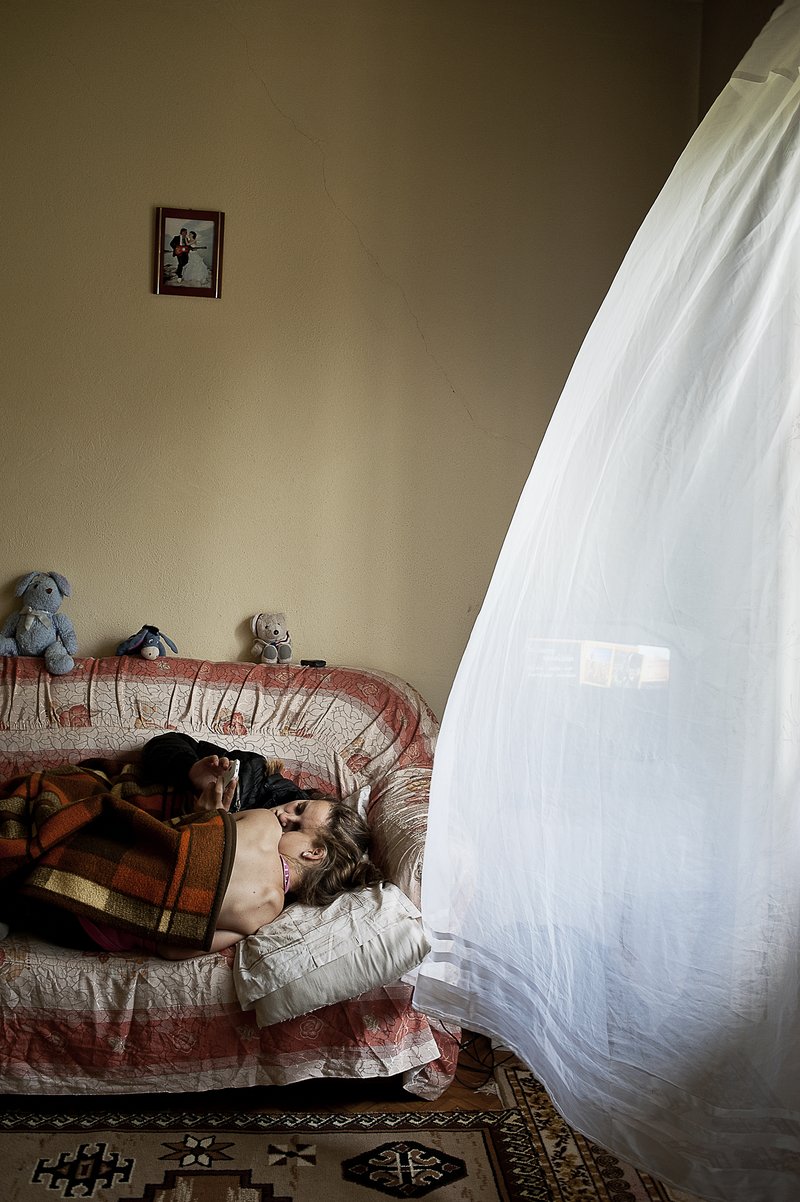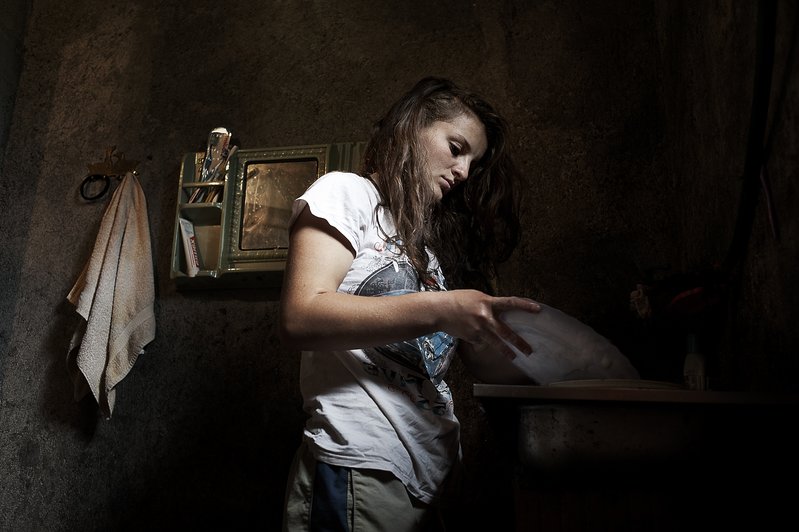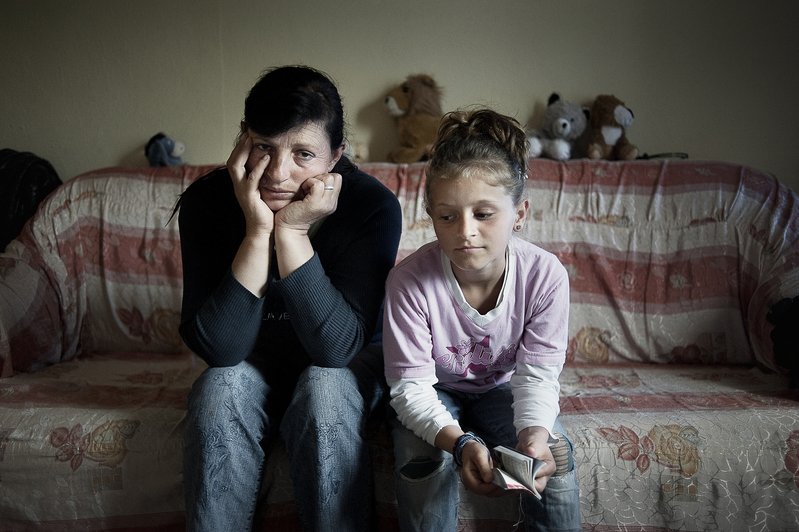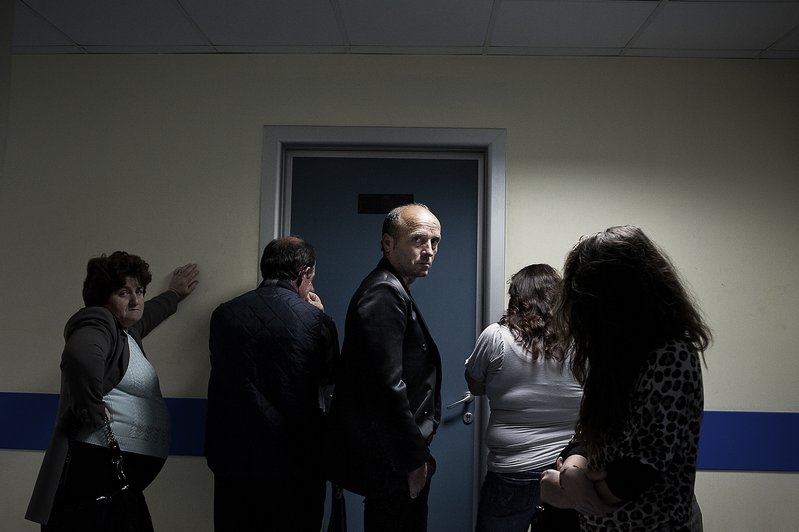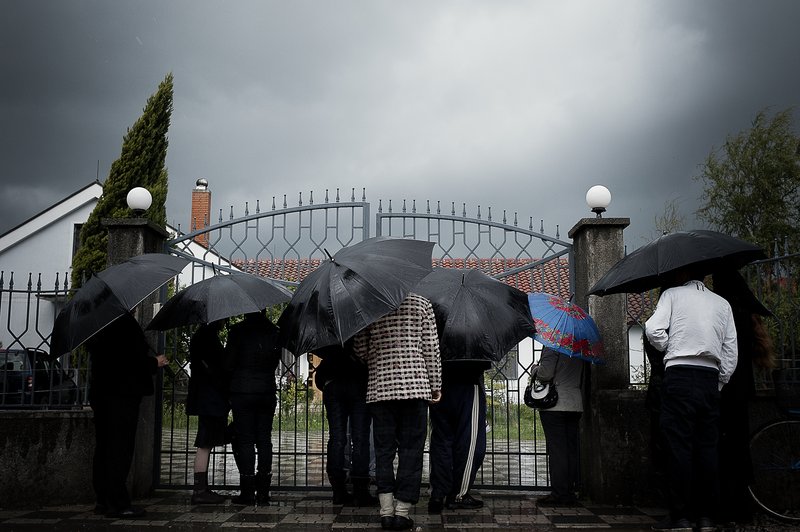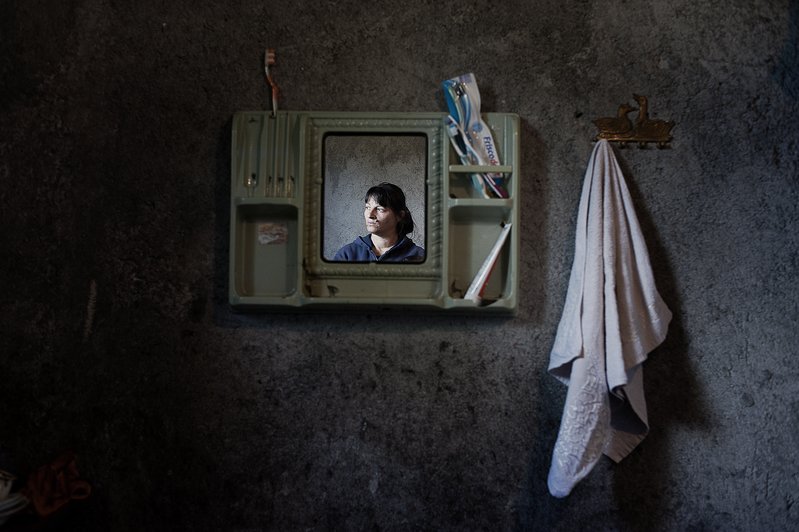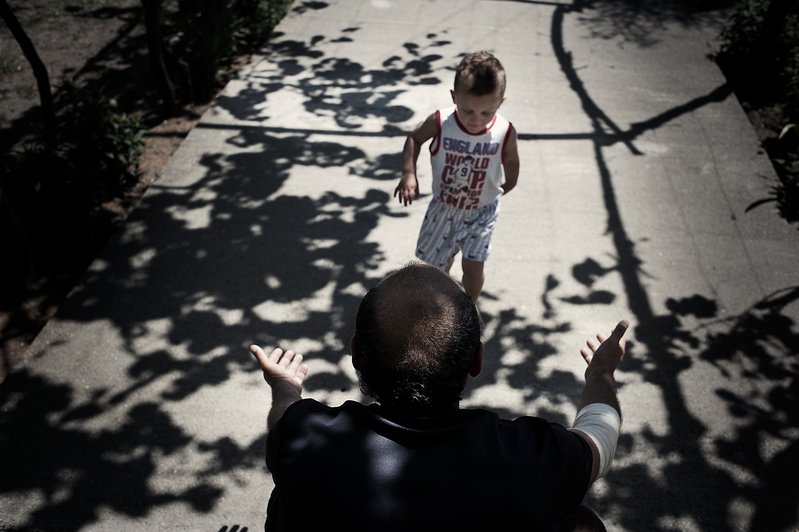CPOY 69 International Picture Story Gold: My home, my prison
The project "My home, my prison", depicts the blood feud phenomenon in North of Albania, in an intimate approach. I found important to focus on, how an ancient tradition, which still exist in a modern country, can affect an entire family. The Vukaj family (Noja, his wife Angje and their children) originally from the north of Albania, have been involved in an infernal spiral of Blood Feud for now 20 years, with having no other faults than the one of belonging to the "wrong" clan. The clan structure is deeply rooted into Blood Feud conflicts. Belonging to a clan - which means here concretely to a group of families with a real or notional relationship - implicate to belong to the traditional social code, called the Kanun, which belongs to culture and tradition, which belongs to history. The traditional social code, called Kanun is a defining feature of Albanian culture, based on the Kanuni i Lekë Dukagjinit, created by Lek Dukagjin in the 15th century to establish peace among quarreling clans in the mountainous region of present-day northern Albania. It is representing the regulation of interpersonal interactions, a codified means of preserving cultural traditions, and also provides a framework to govern every aspect of life. The concept of honor is crucial to the kanun and Blood feuds are a common method of defending and reestablishing honor. In this way, the tradition of vengeance killings to restore the honor creates a cyclical pattern of murder. Those stories sounds from another time, but are only 2 hours far from Milan by plane, and still perpetrated until today, mainly in North of Albania, where the kanun has been given priority over national legislation in many communities because the institutionalized justice system in Albania is weak, corrupted, unenforced, and often unsuitable for dealing with murders related to blood feuds. This justice system leaves the family of Noja without their basic human rights: right to education, social life, and freedom.



